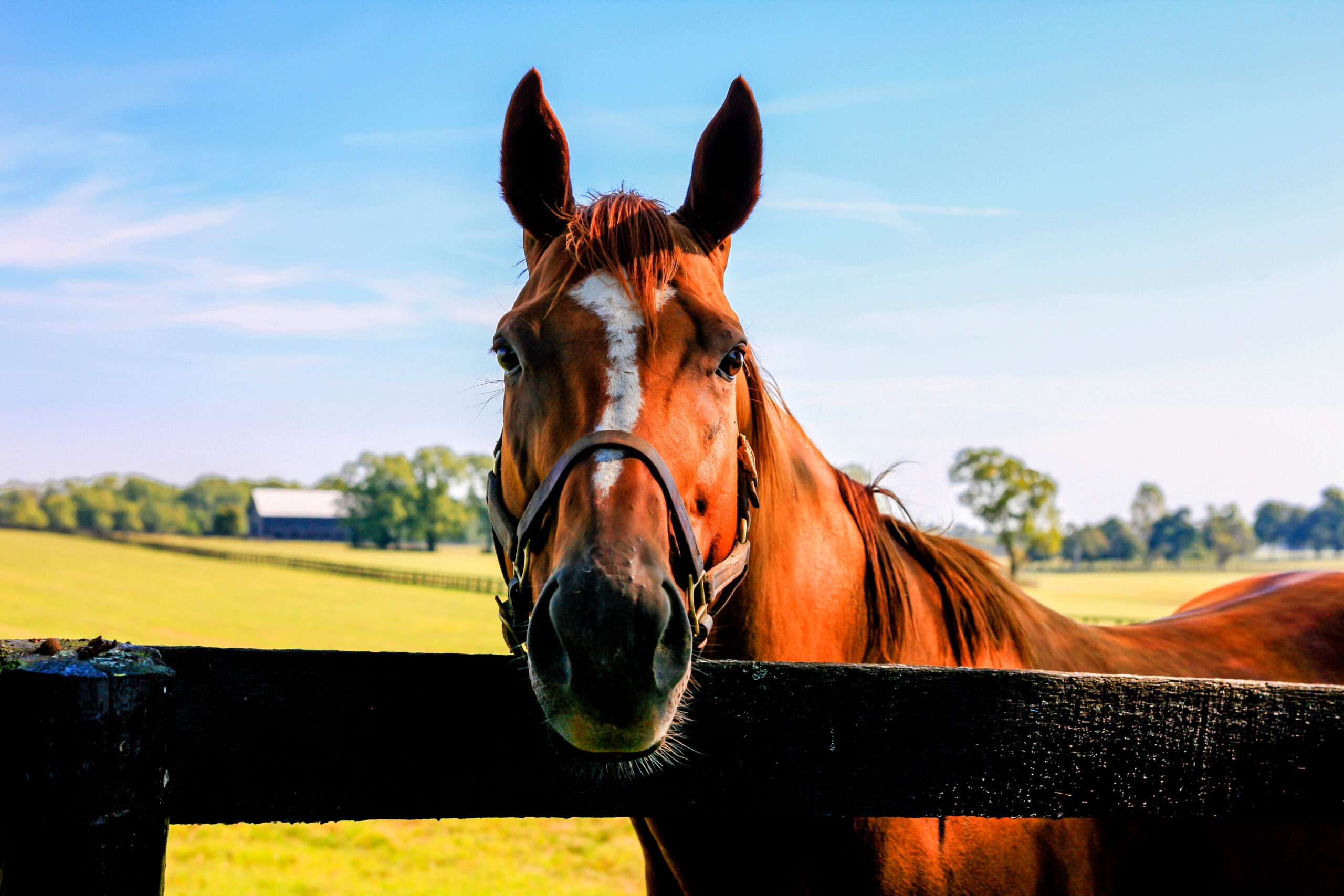A Rising Toll: Horse Deaths Spur Calls for Reform in the Racing Industry

LEXINGTON, KY – The undisputed heartland of American thoroughbred racing, has been rocked by a wave of equine tragedies that have exposed the dark underbelly of this beloved sport. This year alone, the untimely deaths of over a dozen racehorses have sparked an outcry that has reverberated from the stables of Churchill Downs to the corridors of power in Frankfort and beyond.
Two advocacy groups, Animal Wellness Action and The Center for a Human Economy, are now pressing for change, calling on the Horseracing Integrity and Safety Authority (HISA) to take urgent action. They are demanding that the HISA enact regulations to suspend trainers in the event of horse fatalities during competition.
The groups’ appeal comes in the wake of a series of disturbing incidents that have marred the sport’s reputation. “When young, healthy horses die in competition, that should trigger more than expressions of sadness. It should trigger mandatory suspensions,” said Wayne Pacelle, president of Animal Wellness Action.
Under current legislation, the HISA holds the mandate to enforce a wide range of track safety standards. Advocacy groups argue that the authority is well within its power to prevent trainers deemed hazardous from fielding more horses in races.
Their call to action was punctuated by the tragic demise of Bob Baffert’s horse, Havnameltdown, in a competition preceding the running of the Preakness. Advocates argue that Baffert’s entry for the Triple Crown race, National Treasure, should have been scratched from competition in response.
Similarly, the advocacy groups are urging HISA to take stringent action against trainer Rudy R. Rodriguez. This year, Rodriguez has suffered the loss of four horses under his care, three at Aqueduct and one at Belmont Park, the latter hosting the third leg of the Triple Crown this weekend.
The deaths of Rodriguez’s horses have been particularly distressing. Just last week, 3-year-old Midnight Empress was injured and had to be euthanized, a fate that befell 6-year-old Chaysenbryn at Belmont Park only a few days later due to a right front leg injury.
“When trainers understand they’ll be suspended if their horses die in competition, then they will take precautions to prevent that terrible outcome,” Pacelle pointed out. “Now there are lamentations without consequences. Young and fit horses dying in competition is no longer acceptable in American racing”.
The recent spate of 12 deaths at Churchill Downs and Baffert’s celebrating a Preakness win just hours after one of his horses died serve to starkly highlight the issue.
The groups are urging for a three-pronged approach to address this issue: robust enforcement of race-day doping prohibitions, a nationwide ban on the use of the whip in American racing, and a comprehensive plan to hold trainers and owners accountable for reducing horse death rates to near-zero levels, coupled with national suspensions for trainers whose horses die at the tracks.
The racing world and the public alike are now waiting, with baited breath, to see how the HISA and other governing bodies respond to these calls. The racing community is at a crossroads, and the decisions made now could shape the future of the sport for generations to come.
Our equine athletes deserve nothing less than a safe and fair playing field, the advocacy groups argue. The next few months may just decide whether their calls are heeded, and more importantly, whether the racing industry is willing to.
Photo: Adobe Stock
Recommended Posts
New senior center in Lexington will serve a dual purpose
Sat, November 16, 2024
East Kentucky Power Cooperative makes plans for both new and converted natural gas plants
Fri, November 15, 2024

Wise and Mills gain Senate GOP roles in Republican caucus elections
Fri, November 15, 2024